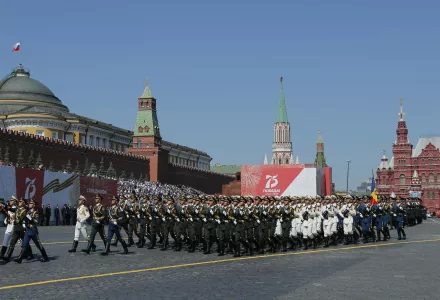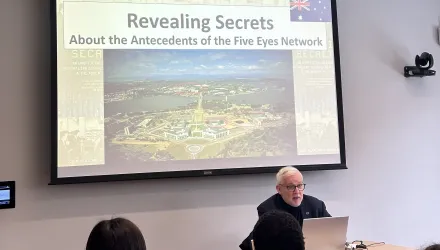
China’s meoteoric rise and the associated US-China great power rivalry has become one of the most concerning geopolitical issues to date. No longer is China a regional power, and its global influence and economic clout are undeniable. According to the CIA World Factbook, China has the largest Gross Domestic Product (GDP) in the world when measured using Purchasing Power Parity. As of 2021, at $23.01 trillion, China outpaces the US at $19.85 trillion GDP.[1] As an economic powerhouse, China has effectively used all instruments of power—economic, military, diplomatic, technological and informational—to advance its strategic goals. Unfortunately, the ways and means in which China is obtaining its strategic goals have frequently run counter to democratic ideals, caused a rift with its Indo-Pacific neighbors, the US and several European countries, and have challenged the rules-based international order. While NATO and its allies are beginning to understand the implications of a rising China, there is a pressing need right now for NATO and its allies to address China concerns; this starts with identifiying actions the alliance can take in the 2030 Strategic Concept.[2]
In June 2021, NATO issued “NATO 2030,” which is NATO’s agenda for remaining “ready, strong, and united” for the future. During the June 2021 NATO Summit, alliance leaders agreed on the agenda to address extensive global competition, terrorism, cyberattacks, disruptive technologies, climate change, and Russia and China’s challenge to the rules-based international order. NATO 2030 noted China’s attempt to be the global leader in AI in the next ten years and called for strengthening partnerships to protect against China and Russia’s efforts to disrupt the international rules-based order. Importantly, it called upon NATO to develop a new [2030] Strategic Concept to provide a clear direction for NATO to address increased global competition and security threats, including a shift in the balance of power involving China.[3]
At the summit, US President Joe Biden reemphasized the critical importance of the NATO alliance as a “sacred obligation” to US national security and urged NATO leaders to address China’s authoritarianism and growing military strength.[4] After President Biden’s statements, NATO issued a communique noting, “China’s stated ambitions and assertive behaviour present systemic challenges to the rules-based international order and to areas relevant to alliance security.”[5] This statement was further bolstered by NATO Deputy Secretary General Mircea Geoană, who addressed the future of NATO during a presentation at the University of Chicago Booth School of Business. Geoană highlighted the need for NATO to adapt and be innovative as it formulates its 2030 Strategic Concept to include addressing the threat of authoritarian regimes like China and Russia. Importantly, he emphasized the importance of NATO as the longest running and strongest alliance in history and its critical need to protect democracy, freedom, justice, rule of law, and human rights across the globe, not just the transatlantic region. Geoană emphasized that Secretary General Stoltenberg would present an upgraded Strategic Concept during the Madrid NATO Summit in June 2022, noting that China was never mentioned in the previous 2010 Strategic Concept.[6]
Based upon NATO’s new focus and the pending release of the NATO 2030 Strategic Concept, this paper will specifically examine the security challenges that China poses to NATO and its alliance members. It will also highlight China’s opposition to democratic principles and its efforts to disrupt the rules-based international order. Finally, the paper will identify possible actions the US can take to help NATO and its alliance members address the China challenge to preserve NATO’s fundamental values of individual liberty, democracy, human rights and the rule of law.
See the attached PDF to read the complete paper.
Long , James E. . “How the U.S. Can Assist NATO and its European Alliance Members in Addressing the China Security Challenge.” Belfer Center for Science and International Affairs, Harvard Kennedy School, June 2022




